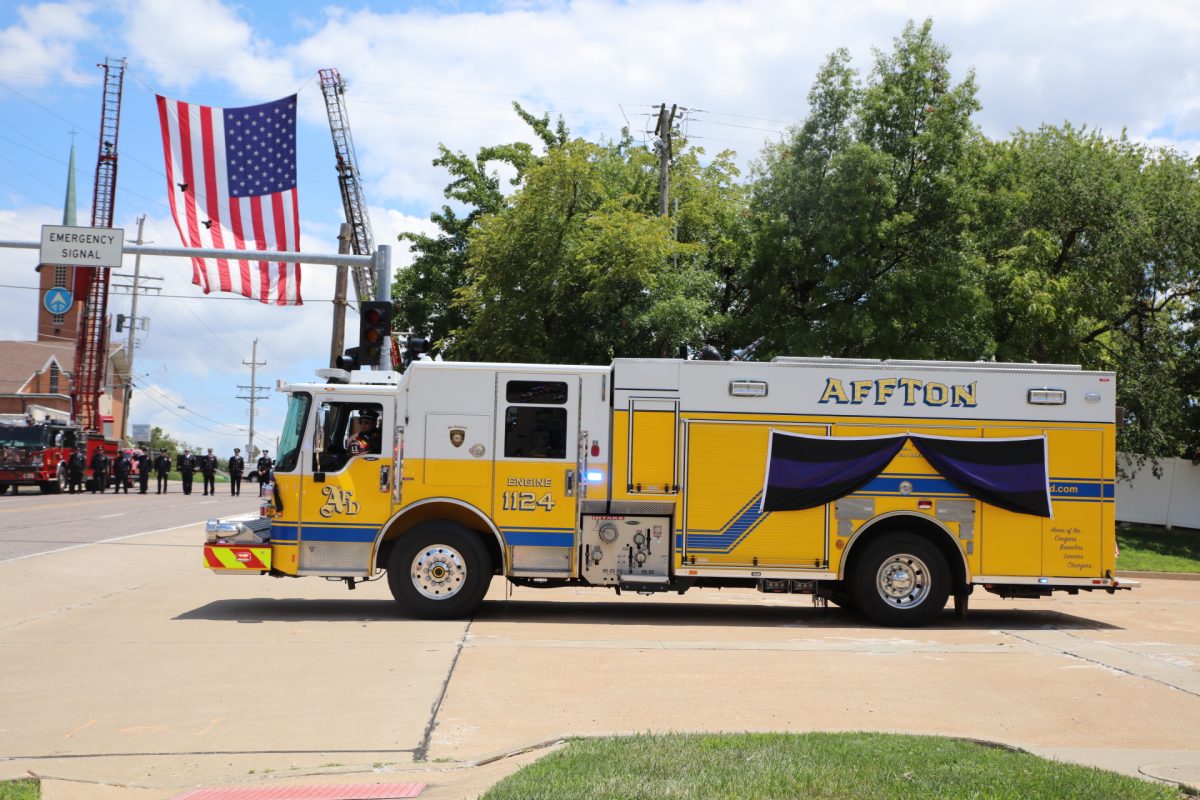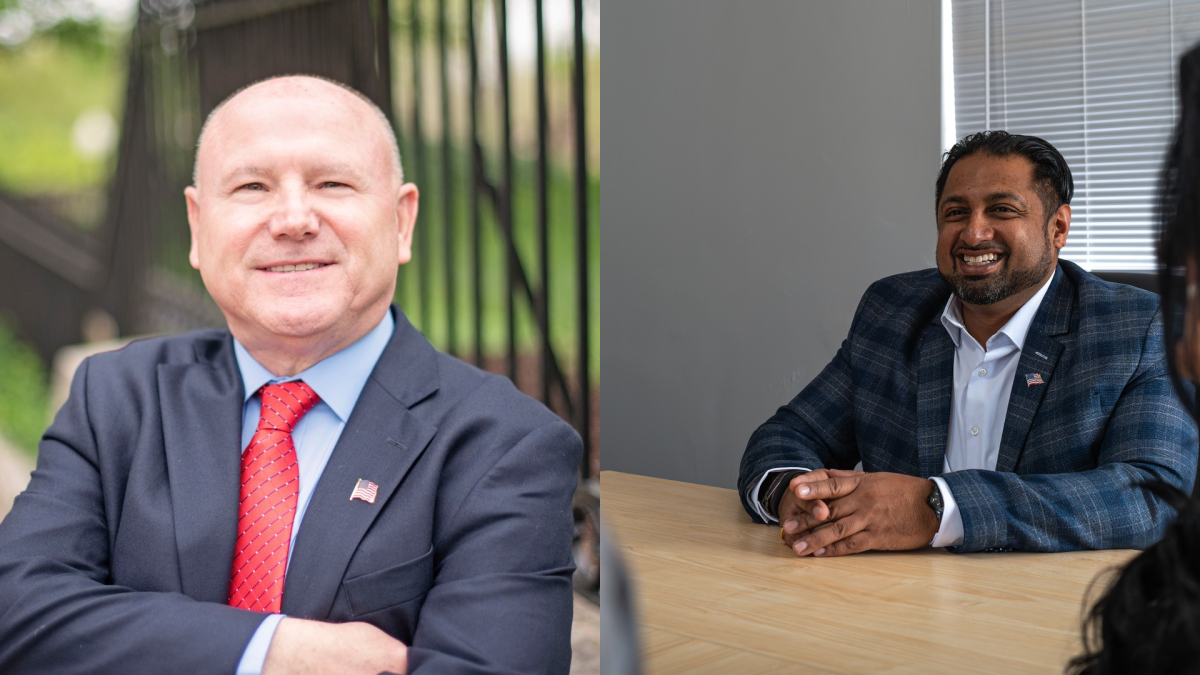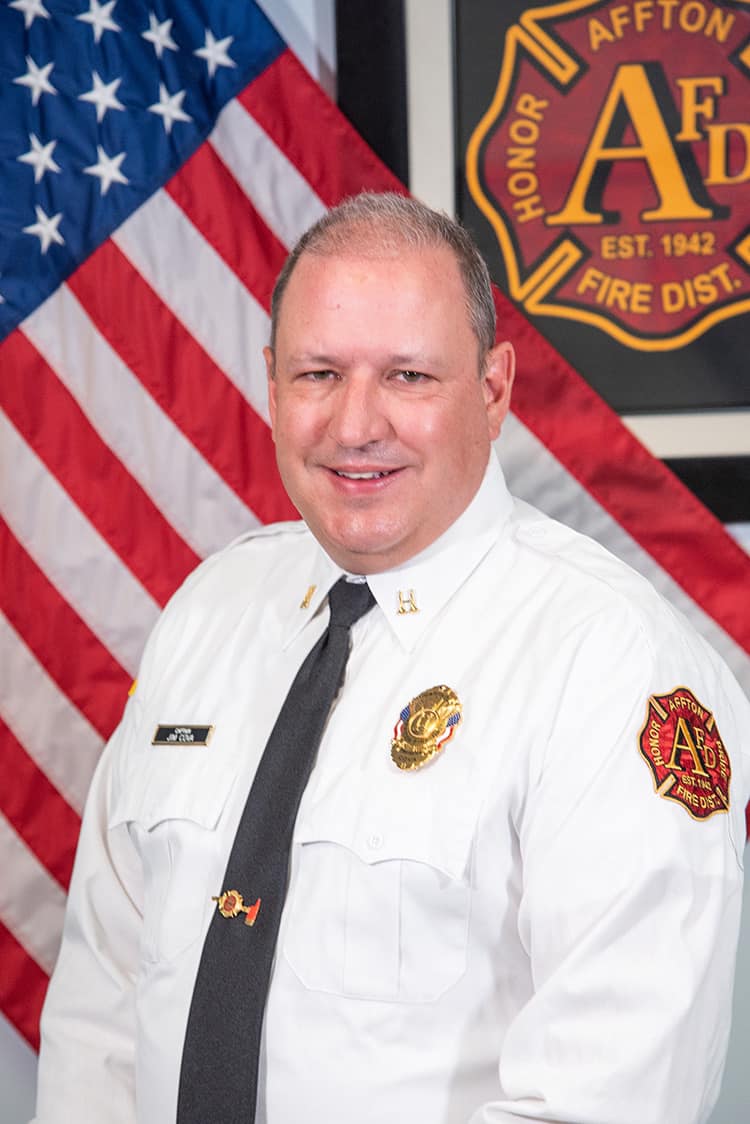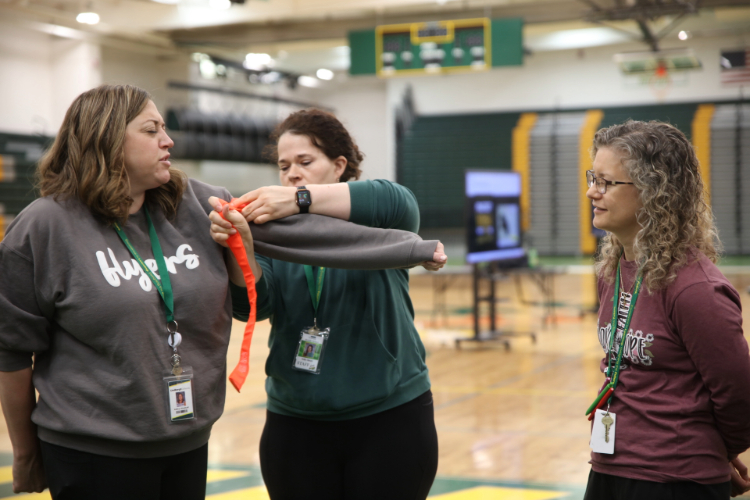A little over a month into the 2020 Missouri General Assembly, lawmakers are hard at work in Jefferson City trying to pass their sponsored legislation.
South County legislators filed bills this year related to issues such as flooding, property value assessments, crime, charter schools and more.
The last day of the regular session is May 15.
Here are some of the bills they are working on:
Clean Missouri
After the Senate passed Senate Joint Resolution 38 last week, voters may once again face a ballot question this fall regarding Amendment 1, also known as Clean Missouri, which was passed by voters in November 2018.
Clean Missouri, passed by 62 percent of Missouri voters, limited lobbyist gifts to lawmakers to $5 or less, lowered campaign limits to $2,000 for Missouri House candidates and $2,500 for Missouri Senate candidates and, perhaps the most contested portion of the amendment, created the post of “nonpartisan state demographer” to redraw district maps for legislative approval.
Under SJR 38, the nonpartisan state demographer would be scrapped and a commission would instead draw district maps. The members of the commission would be nominated by the state’s Republican and Democratic parties and appointed by the governor.
The resolution passed largely along party lines, with 22 members of the Senate voting in favor, including Sen. Andrew Koenig, R-Manchester, while nine members were opposed, including Sen. Scott Sifton, D-Affton. There are currently three vacancies in the 34-member Senate.
Only one Republican voted against the resolution: Sen. Lincoln Hough, R-Springfield. The resolution now moves to the House. If it passes, it will go before the voters in the November 2020 election.
“It (Clean Missouri) went through mostly because people wanted the pay-to-play, the lobbyist effect out of our elected officials. But we got some other things with that. A lot of people didn’t realize they were getting a change in redistricting,” said Rep. Michael O-Donnell, R-Oakville, at a town hall at Grant’s View Library last October, alongside Reps. David Gregory, R-Sunset Hills, and Jim Murphy, R-Oakville.
Flooding
After yet another year with near-record setting floods, flooding is once again a priority for many legislators.
Rep. Mary Elizabeth Coleman, R-Arnold, whose district covers a portion of South County, prefiled legislation that would authorize counties to enact ordinances that would restrict development in floodplains if the development will raise the elevation of the 100-year flood level by some amount less than one foot.
A permit could not be denied if the development does not raise the flood elevation of the 100-year flood level more than the set number of inches.
The proposed legislation is the same bill Coleman tried to pass in 2019, but the bill failed to make it out of committee.
“We need to do all we can to protect investments and give counties the tools to address their local needs,” said Coleman of her previous legislation in 2019. “This isn’t partisan, it’s about what is right for our individual communities.”
In January, the Sunset Hills Board of Aldermen also identified flooding as a key concern for Gregory, along with internet sales tax and trail and road grants.
Crime and punishment
Multiple legislators have introduced legislation focused on crime and the law, ranging from carjackings to the power of prosecuting attorneys.
A bill filed by Gregory would create the offense of vehicle hijacking. Currently Missouri has no specific carjacking statute. With the proposed legislation, the minimum classification for carjacking would be a class B felony with five years in prison. But any use of a deadly weapon or dangerous instruments, or robbing a special victim such as women, children or the elderly, upgrades it to a class A felony.
“I carried the carjacking bill last year and we almost got it across the finish line,” said Gregory at the October town hall. “By God, I’m going to see to it we get it across the finish line this time… We have got to, got to, got to get tough on crime.”
House Bill 1538, sponsored by Murphy, would allow for an appeal process in cases that police want to pursue charges but a prosecuting attorney decides not to prosecute. The cases could be forwarded to the attorney general’s office for further review.
Murphy identified the legislation as one of his priorities in the 2020 session.
“This was a bill I put in last year and frankly it’s become more necessary as the time has gone on, and that’s one that would kind of reign in our prosecuting attorney,” said Murphy. “One of the problems we have is some of our prosecuting attorneys aren’t prosecuting, they’ve now become social warriors. They want to save everybody.”
Charter schools
Once again, charter schools are a widely discussed topic during the legislative session.
O’Donnell filed legislation that was one of several bills filed by other lawmakers that would expand charter schools.
O’Donnell’s bill would allow charter schools to be operated in a charter county or in a city with a population greater than 30,000.
Lindbergh Board of Education member Christy Watz, who attended the Missouri School Boards’ Association legislative forum in Jefferson City earlier in February, urged community members to advocate against charter schools at the Lindbergh board meeting Feb. 11.
“I just don’t think it’s a good thing for us. It’s an application process… Charter schools don’t support any social-emotional wellness, so if there is something wrong with your child, they go back to public school,” said Watz. “They can open or close at any time… It’s a business, it’s not a school… Please advocate (against them). I think there’s other ways we can fix things, but it’s not through charter schools.”
Another piece of legislation, introduced by Rep. Doug Richey, R-Excelsior Springs, would address how local funds are split between public schools and charter schools located in a district. By law, public districts pay charter schools a proportional portion of local funding. Richey’s bill would define local funding to include more than just property tax revenue.
Currently the bill would only impact the two districts with charter schools, Kansas City and St. Louis Public Schools. But, with bills like O’Donnell’s also being taken up in the Legislature, Richey’s bill would expand to include any district with a charter school in the future.
Prescription drug monitoring
Currently Missouri is the only state without a drug monitoring program. Sifton said that this could be the year that Missouri gets one.
“There will be an effort to get that finally done… That will be a significant topic relatively early… There is bipartisan support for it,” said Sifton. “There is a sizable group who want to take no action and continue to take no action. The question is going to be whether we can break through the obstruction that that minority has shown.”


































